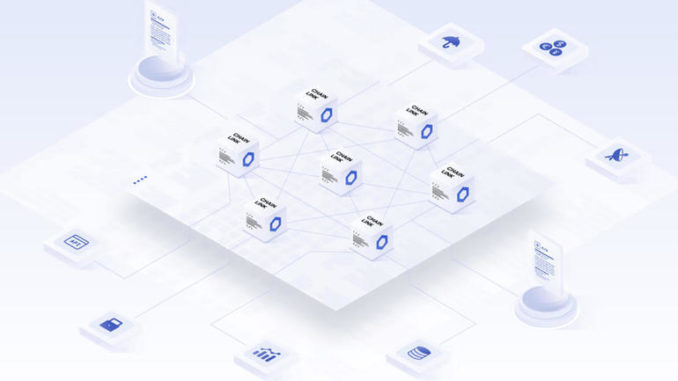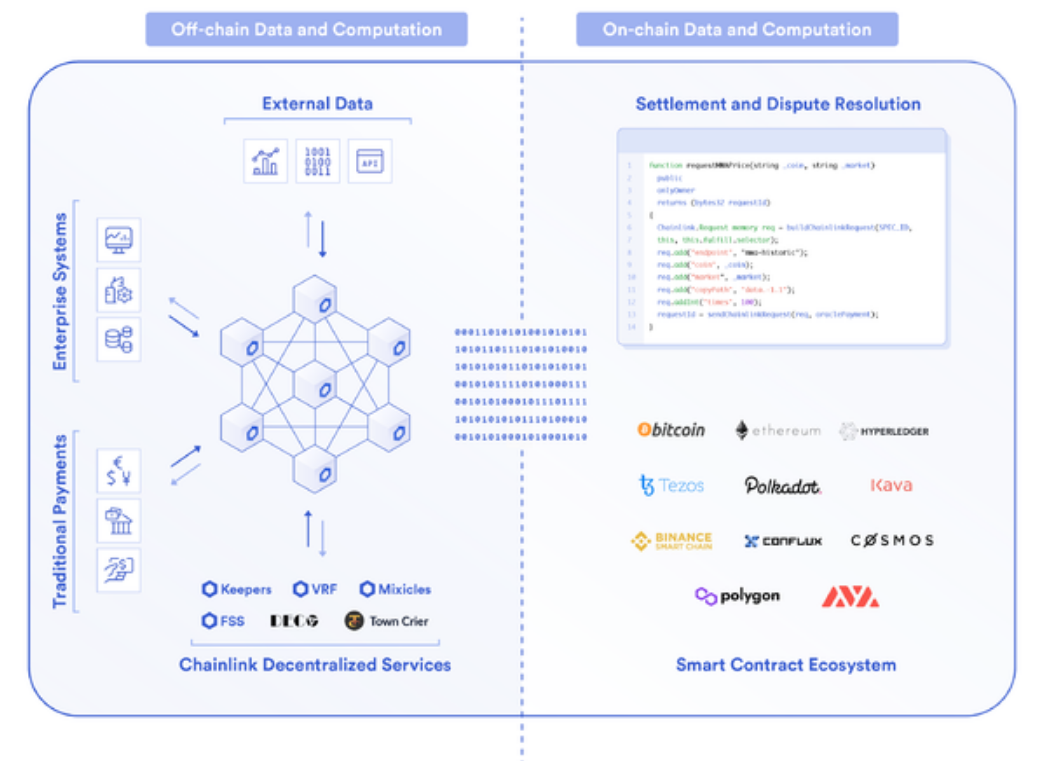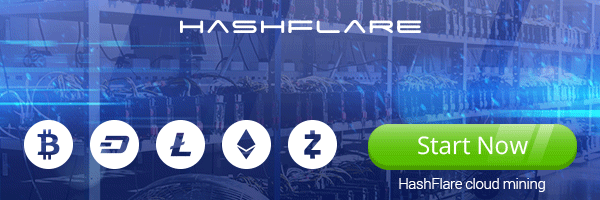
The power to jot down packages with cash is as massive a breakthrough as the flexibility to jot down packages with paperwork. It offers Wall Road’s capabilities to anybody, with out costly attorneys or financiers.
This quote on the transformational potential of sensible contracts belongs to Balaji S. Srinivasan, a well known advocate of the transformational potential of crypto at giant. Relying on the place you stand on crypto, it’s possible you’ll discover it succinct or hyperbolic.
Chainlink and its co-founder Sergey Nazarov are clearly within the camp of crypto advocates. Chainlink gives an oracle service, enabling sensible contracts to interoperate with the world. Right this moment, Chainlink launched a whitepaper outlining what they dub Chainlink 2.0. ZDNet related with Nazarov to debate what this implies.
What are hybrid sensible contracts?
Good contracts improve blockchains (at this level, primarily Ethereum) with the flexibility to execute tamper-proof code, along with storing tamper-proof knowledge, turning it right into a “world computer.”
Good contracts promise to take execution of processes and agreements to the Ethereum international pc. There’s only one downside: Good contracts cannot discuss to the remainder of the world. That is the place oracles, and Chainlink, are available in.
An oracle is a gateway between a blockchain and the real world. Oracles can get knowledge off the blockchain and move it on to sensible contracts.
Chainlink is a decentralized oracle community, which suggests there are various nodes on which the service runs. Operations that run on blockchains are expensive — customers need to spend tokens to run them. When every oracle node has to deliver knowledge onto Ethereum, this incurs a variety of ETH gasoline prices for the oracle node operators.
For this reason Chainlink recently introduced what it calls Off-Chain Reporting. What this implies is that knowledge storage and computation is now not carried out on the Ethereum blockchain, however in a special decentralized community.
Chainlink, the main blockchain oracle, simply launched a brand new whitepaper outlining the subsequent step in its evolution, dubbed Chainlink 2.0
That was a primary step in direction of what Nazarov calls hybrid sensible contracts. Among the preliminary sensible contracts targeted on tokenization, producing a token and shifting it between completely different house owners, or personal key voting, which suggests folks can vote on issues utilizing their personal key or forged their votes utilizing the token. Nazarov famous that now we see one thing he calls hybrid sensible contracts:
“A mix of each the on-chain code that is tamperproof and working in a wise contract platform like Ethereum, and an oracle, which is basically a belief minimized, extremely dependable connection and off-chain computation useful resource that gives the extra performance {that a} hybrid sensible contract wants to attain its particular outcomes.”
Within the dominant classes of sensible contracts at the moment, comparable to decentralized monetary merchandise, lotteries, or decentralized insurance coverage, over 90% of them are actually hybrid sensible contracts, Nazarov claimed. Which means these sensible contracts are made up of two equal parts.
They’re made up of some on-chain code that defines the contract itself, which is the place the situations of the contract are outlined, the place it receives fee from, the place it sends fee, and the place it proves sure issues in regards to the state of the settlement.
However then you definitely even have decentralized monetary merchandise counting on knowledge. They’re counting on market knowledge in regards to the worth of an asset or some form of market occasion as a way to really decide what the decentralized monetary product will do or what it can payout to the consumer.
Hybrid sensible contracts means mixing and matching
Nazarov famous that Chainlink promotes hybrid sensible contracts as a result of they’ve seen a unbroken development in how builders construct sensible contracts. Builders need increasingly more superior sensible contracts, however a Blockchain as a result of its native safety mannequin is not giving all of them the options that they want, he went on so as to add.
Two of the first options are round privateness and off-chain computation that may do computations, which may’t be performed on-chain for scalability or price effectivity or different causes, in accordance with Nazarov. This, nonetheless, brings about an attention-grabbing dilemma.
If oracles can no longer solely retailer knowledge, but in addition do compute, then how do builders select which components of their sensible contracts they need to run on-chain, and which of them off-chain?
Nazarov thinks folks will proceed to wish a wise contract on-chain, and they’re going to additionally proceed to wish a collection of decentralized companies run on varied decentralized oracle networks to enhance that sensible contract. As to the “what goes the place” query, the reply doesn’t appear solely clear-cut.
The reply will range vastly between completely different sensible contract use instances. It depends upon the properties of the chains individuals are utilizing, in addition to choices about how a lot they need to pay in charges and the way a lot transparency they need to present, Nazarov thinks. It should come all the way down to with the ability to management worth, he went on so as to add:
“What we will proceed to see is a community impact in networks like Ethereum and possibly one or two others. There you find yourself seeing increasingly more worth put into the community by way of varied personal keys holding worth, after which placing that worth within the crypto format into varied sensible contracts that then maintain it as a decentralized monetary product, as an insurance coverage product.”
There could also be some similarities, however Chainlink 2.0 just isn’t one other blockchain — it is a decentralized meta-layer, a big assortment of decentralized companies which can be then mixed. That is how Nazarov described Chainlink 2.0.

Safe off-chain computation powered by Chainlink Decentralized Oracle Networks. Picture: Chainlink
Presumably, working off-chain compute will price lower than working the identical compute on-chain, however it will still cost something. So a rule of thumb might be — if you need most auditability and safety, and also you’re prepared to pay the worth, it is best to do it on-chain. In any other case, off-chain will do. And you’ll at all times combine and match.
A decentralized oracle community is its personal targeted service, and that is why there’s 1000’s and ultimately, there could also be tens of millions of them, claimed Nazarov. He sees every community as having its personal particular objectives.
For instance, producing one piece of knowledge a few single worth pair just like the ETH-USD worth or the BTC-USD worth. Then offering that one piece of knowledge and arriving at a single consensus round what the correct, dependable image of the world is from the viewpoint of that one piece of knowledge.
Then one other kind of oracle community might be a request model-based community. A form of extra of a bespoke, decentralized community, the place you will have any individual compose a community a few subject that different folks may not discover attention-grabbing. For instance, getting IoT data and doing a computation to validate {that a} photo voltaic panel area is working correctly, then returning the outcome to an insurance coverage contract.
A grand imaginative and prescient for hybrid sensible contracts
In a special decentralized oracle community, the community might present the worth of electrical energy to that very same insurance coverage contract. One of many contract’s parameters could be insuring in opposition to the drop in electrical energy costs, in addition to whether or not the photo voltaic panel area is constant to supply electrical energy.
Nazarov sees increasingly more superior sensible contracts sooner or later, the place folks make the most of decentralized oracle networks which can be rising in safety as every further consumer makes use of them.
Eight or seven years in the past, the conception folks had of a wise contract was a tamperproof digital settlement that would show that an occasion occurred. It was solely later that sensible contracts got here to outline simply on-chain code, he went on so as to add.
Chainlink’s imaginative and prescient for hybrid sensible contracts is to take their definition past what’s attainable with on-chain code. Nazarov referred to make use of instances comparable to decentralized insurance coverage merchandise that shield farmers in creating nations from the danger of drought, all the way in which to international commerce and presumably even voting schemes.
The thought is to exchange the belief problems with society in each the developed markets and the rising markets with a set of cryptographically assured programs which can be instantly accessible globally by way of the web.
That is a grand imaginative and prescient, and to return full circle, one that Srinivasan also makes a case for, specifically for India. It took Chainlink a few years to get from its inception to the place it’s at the moment. It could take significantly longer to get nearer to that imaginative and prescient.





 Bitcoin
Bitcoin  Ethereum
Ethereum  Tether
Tether  XRP
XRP  Solana
Solana  USDC
USDC  Dogecoin
Dogecoin  TRON
TRON  Lido Staked Ether
Lido Staked Ether
Be the first to comment